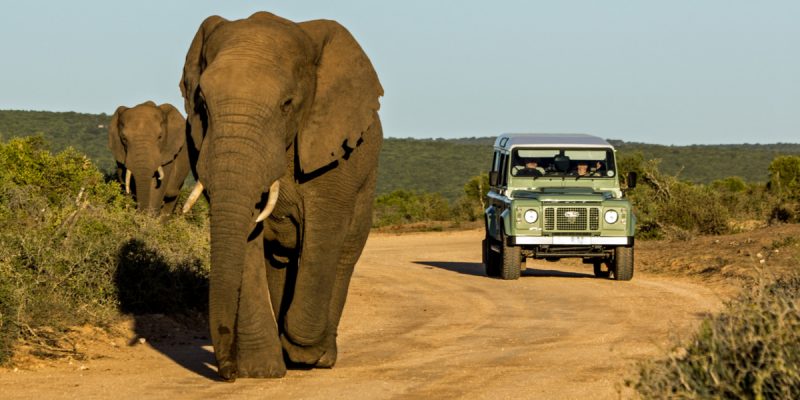Wildlife crime in Kenya could increase in the coming months. The country's national parks have been closed to limit the spread of the Covid-19 virus. The health measure is endangering wildlife. Elephants and rhinos are being protected with the revenue generated by ecotourism.
The Coronavirus pandemic has just inflicted a new blow to the protection of the environment. To limit the spread of the virus in Kenya, authorities have included the closure of national parks as a social distancing measure. A health measure that indirectly puts wild animals, especially elephants and rhinos, at the mercy of poachers, who target them for their ivory and horns.
By closing the national parks, the Kenyan government has effectively suspended ecotourism, one of the three largest foreign exchange earners in the Kenyan economy, from which the funds needed to protect the parks are derived.
As part of its integrated conservation strategy, the Kenya Wildlife Service (KWS) has involved local people in wildlife protection by providing jobs as trackers and eco-guards in the national parks. But when these jobs are threatened, people living in the vicinity of protected areas could become accomplices to poachers to earn some money or even feed themselves on protected animals in order to survive.
Kenya could lose its reputation as a model of conservation in Africa
Closing the parks in Kenya could also overshadow the efforts undertaken in this West African country to protect wild animals, particularly rhinos (1,000 animals) and elephants (34,000 individuals), which are listed as vulnerable species by the International Union for the Conservation of Nature (IUCN).
Apart from the work carried out by the KWS, in 2014, the government through the Ministry of Environment has obtained from the parliament a strengthening of the law on the protection of protected species. The law provides in particular for a record fine for poachers and fences of 20 million Kenyan shillings, equivalent to some 170,000 euros, as well as a prison sentence which is being considered to be increased. “We are going to change our laws. Anyone caught with ivory or killing wild animals will be imprisoned for life. This is what we want to do,” Environment Minister Najib Balala said in March 2018.
These and many other actions have enabled Kenya to reduce poaching of rhinos and elephants by 80 per cent in 2019. As a result, the country has been cited as an example for wildlife protection. A performance that translates into results in the ecotourism sector.
In 2018, the country recorded a record 37% increase in the number of foreign visitors to the country. In 2018, more than 2 million foreign tourists would have visited Kenya, thus contributing to bringing the sector’s turnover to more than one and a half billion dollars. Tourism is currently one of the three largest foreign exchange earners in the Kenyan economy, along with tea exports and remittances from abroad.
Boris Ngounou







